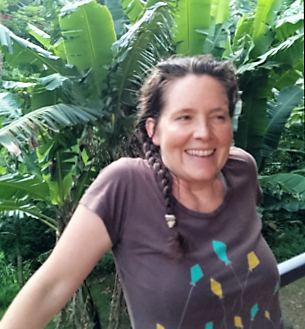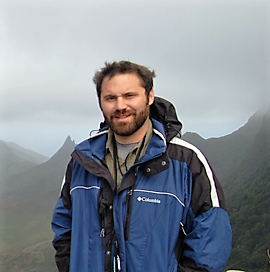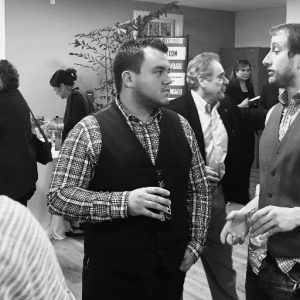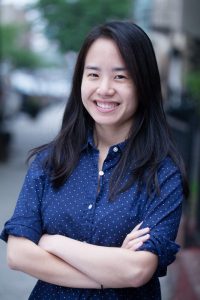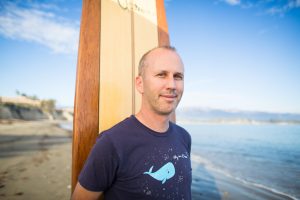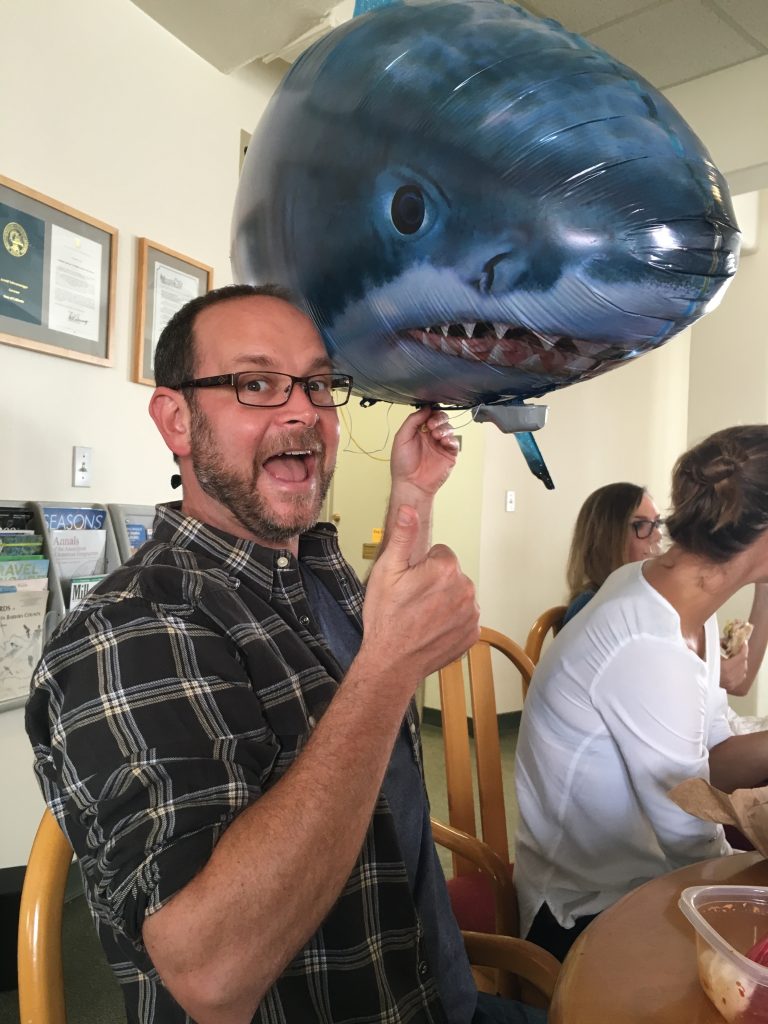Monthly Archives: June 2016
Journalists’ insights into Science Communication with the Media [Wed. June 22]
Worried about getting on the phone with a journalist to talk about your research? Or–worse–that nobody will care enough to call? We’ll set you straight! In this talk, an editor and a writer offer insider tips on how to communicate science to the media. We’ll cover what makes research interesting to the media, how to prepare for an interview with a journalist, and how to best ensure your interviewer understands and writes about your research accurately. We’ll also talk about how to get your research in front of reporters’ eyes and how to maintain relationships with reporters. Anything else you’ve been dying to ask a journalist? We love questions, so there will be plenty of time for a Q&A.
Pacific Standard is a national magazine and website (psmag.com) based in Santa Barbara. (We’re right on Garden and De La Guerra!) We cover research-based solutions to issues of social, environmental, economic, and educational justice. Nick Jackson is Pacific Standard’s editor-in-chief. He previously worked as the digital editorial director at Outside magazine and as an associate editor at the Atlantic, where he launched theatlantic.com‘s health and technology channel. Francie Diep is a staff writer with Pacific Standard. She has a master’s in science journalism and previously worked as a contributing writer with Popular Science.
You can join remotely from your computer, tablet or smartphone.
https://global.gotomeeting.com/join/653578053
Or dial in using your phone.
United States : +1 (408) 650-3123
Access Code: 653-578-053
Nick Jackson (left)
http://nbjackson.com/
njackson@psmag.com or @nbj914 on Twitter
Francie Diep (right)
http://www.franciediep.com/
fcdiep@gmail.com or @franciediep on Twitter
An evolving vision for the next generation of NCEAS [Wed. June 15]
As I am about to step into the role of Director at NCEAS, I wanted to share my ideas, plans, and vision for where I’d like to take NCEAS in the next few years as well as get your feedback and ideas. I’ll give a short, informal presentation and then open things up to discussion.
Benjamin S. Halpern
Professor, Bren School of Environmental Science and Management
UCSB, Santa Barbara, CA 93106
halpern@bren.ucsb.edu
Deputy Director, Nat’l. Center for Ecol. Anal. & Synth. (NCEAS)
735 State St., Suite 300, Santa Barbara, CA 93101
Chair in Marine Conservation, Imperial College London
Director, Center for Marine Assessment and Planning (CMAP)
Senior Fellow, UN Envir. Prog.- World Conserv. Monitor. Cent. (UNEP-WCMC)
Model-based assessment to inform ecology education & communication [Wed. June 8]
As children, we often make sense of nature and the world around us by relying on naive mental models, and all too often, these naive mental models are never corrected, exhibiting themselves as persistent scientific misconceptions: animals adapt to their surroundings so they can survive; plants get their food from the soil; removing a species from a food web affects only the species immediately above and below it in the web; humans have caused the majority of extinctions on Earth.
Science educators who recognize student misconceptions about fundamental scientific concepts can lead students to greater educational gains; science communicators who understand public misconceptions can lead their audience to deeper understanding of scientific issues. Physics education research has long leveraged the Force Concept Inventory (FCI), a model-based assessment of student understanding of classical Newtonian mechanics. The FCI has become a valuable tool for physics education, providing researchers with data to improve physics pedagogy and curricula. Since the development of the FCI two decades ago, other concept inventories have been designed to inform chemistry, physical science, and biology curricula as well.
In this talk, I propose the development of a Ecosystem Concept Inventory to examine how students, and the general public, understand fundamental models of ecology. I will make an argument for model-centered ecology education and how an Ecosystem Concept Inventory is a critical first step. I will lay out a series of simple models that I believe provide the fundamental structure for a scientifically literate understanding of ecology, and ask the audience for input and insights into developing a model-based assessment to inform ecology education and communication.
Casey O’Hara
Project Scientist, Ocean Health Index
National Center for Ecological Analysis and Synthesis
735 State Street, Suite 300, Santa Barbara CA 93101
ohara

